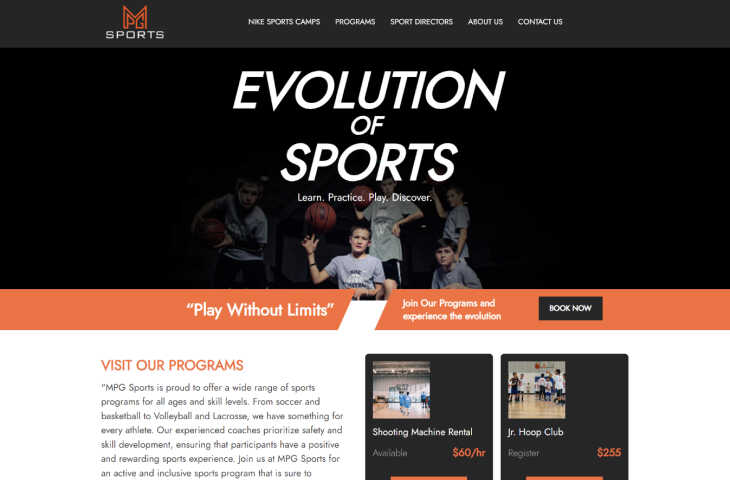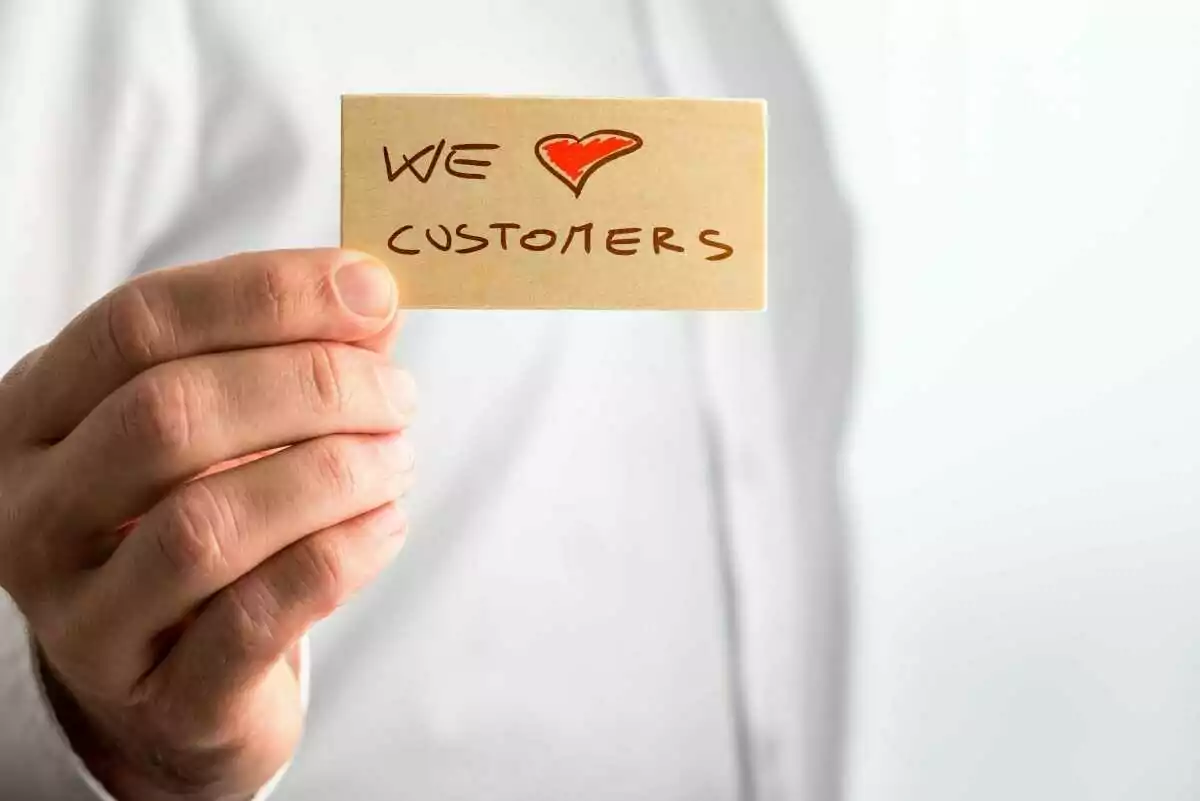getting-started-in-business
12-20-2022
TABLE OF CONTENTS
When you're a small business owner, there are many things to consider when selecting the right insurance for your business. Knowing what type of coverage is best suited for your particular business can be daunting, and finding an insurance provider with the right plan can be a challenge. Business insurance protects against unanticipated risks, obligations, and economic losses. In this comprehensive guide, we will explore the various types of business insurance available to small business owners in the United States and offer insights to help you make informed decisions about your insurance needs.
UNDERSTANDING THE IMPORTANCE OF BUSINESS INSURANCE
Running a small business involves inherent risks, including property damage, liability claims, lawsuits, and unforeseen events that can disrupt your operations. Business insurance serves as a protective shield, safeguarding your assets, employees, and finances in case of an unfortunate incident.
There are many types of business insurance available, depending on the nature and size of your business, the industry you operate in, and the specific risks you face.
Among the most common types of business insurance are:
a) General Liability Insurance
General liability insurance protects you from claims resulting from incidents that occur at your place of work. It also covers claims for damage to property and bodily injury brought by you or your workers. If someone is injured on your property or you are found liable for injury or damage caused by your product, general liability coverage will help protect you from financial loss.
b) Product Liability Insurance
Product liability insurance is designed to specifically cover claims related to the products created, distributed, or sold by your business. This type of coverage protects you from any harm that may be caused by defective products or services provided by your company, including medical bills, legal fees, and lost wages due to injury or death. Product liability coverage is typically required for businesses that manufacture products such as food, toys, clothing, electronics, etc.
c) Professional Liability Insurance
Professional liability Insurance protects from litigation resulting from errors committed while offering professional assistance. This type of coverage is often referred to as “errors & omissions” (E&O) insurance since it covers any negligence or errors you may have committed while providing services to customers. Professional liability coverage can help protect you from financial losses resulting from mistakes made while offering professional advice or services such as accounting, consulting, web design, legal advice, etc.
d) Property Insurance
Property insurance covers commercial property damage or loss, which includes properties, machinery, supplies, and furnishings. It guards against hazards such as vandalism, theft, fire, and catastrophic events. Additionally, business interruption insurance can be included, compensating for lost income during a covered loss period.
e) Workers' Compensation Insurance
Workers' compensation insurance is often needed by laws if you have employees. It pays for medical bills and neglected earnings for employees who are injured or unwell at work. This insurance also protects your business from potential lawsuits by employees.
f) Commercial Auto Insurance
Commercial auto insurance is required if your company has automobiles or if workers use their own vehicles for professional reasons. It covers mishaps, damage to property, and liability claims regarding commercial vehicles.
ADDITIONAL TYPES OF BUSINESS INSURANCE
a) Cyber Liability Insurance
Defending against cyber dangers is critical in the modern digital era. Cyber liability insurance safeguards your business against data breaches, cyberattacks, and resulting financial losses. It covers costs such as data recovery, legal expenses, and customer notifications.
b) Business Owner's Policy (BOP)
A company owner's policy combines numerous key coverages, such as general liability, insurance for property, and company interruption insurance, into a single package. BOPs are primarily geared toward small enterprises and provide complete protection at a lower cost.
c) Employment Practices Liability Insurance (EPLI)
EPLI covers claims for unfair dismissal, prejudice, bullying, and other employment-related concerns. It protects your company from legal costs and damages as a result of such accusations.
HOW MUCH DOES BUSINESS INSURANCE COST?
The overall price of business insurance is determined by several factors, including:
- The kind and quantity of coverage required
- The scope and type of your business
- The sector in which you work
- The physical location of your business
- The total amount of staff members you have
- The amount of deductible and policy limits you choose
According to data from Next Insurance, an online insurer that specializes in small business insurance, the average annual cost of general liability insurance for small businesses is $636 (about $53 per month), while the average annual cost of a BOP is $1,268 (about $106 per month). Yet, they are simply averages; your exact cost will depend on your individual scenario.
You ought to evaluate quotes from multiple insurers via the Internet or through a broker or agent in order to receive an accurate quotation for your company's insurance demands. You should also examine your coverage on a regular basis and adjust it as your company grows or develops.
ANALYSIS OF YOUR INSURANCE REQUIREMENTS
Determining the appropriate insurance coverage for your business involves assessing various factors such as the nature of your industry, the size of your business, your location, and the specific risks you face. Working with an experienced insurance agent or broker can help ensure you have the right coverage tailored to your needs.
SELECTING AN INSURANCE COMPANY
Consider criteria such as the business's fiscal stability, image, excellent client service, and coverage alternatives when choosing a provider of insurance.
CLOSING WORDS
Business insurance is an essential component of keeping your company from multiple hazards and liabilities. Familiarizing yourself with the various types of business insurance available can help you make an informed decision about which policy best suits the needs of your particular business type. With the correct insurance in place, you feel confident that your company is insured in the case of an unanticipated occurrence.
Recommendation
A vendor we recommend for this service can be found here.
Utilize live chat, email management systems, and social media monitoring tools to provide seamless Omni channel support.
.png)
What more would you like on this page























Leave a Comment
Your email address will not be published. Required fields are marked *
Please to post the comments. Don’t have an account? !
Comments
Login
Register